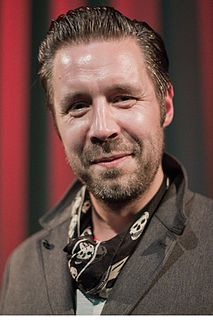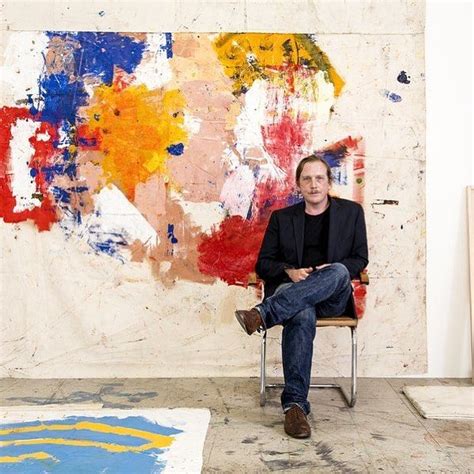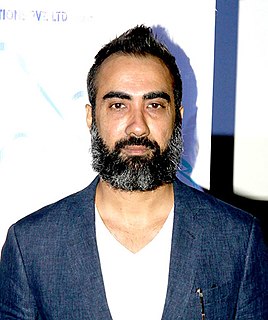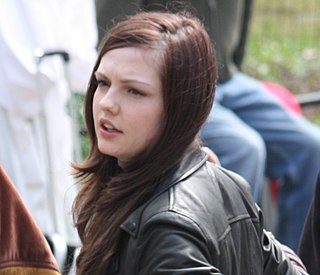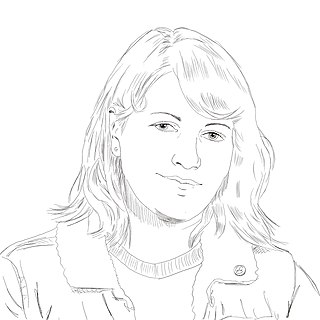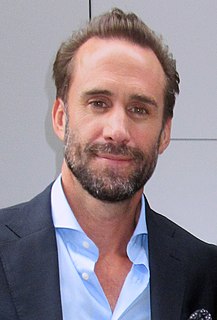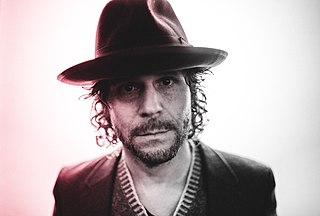A Quote by Paddy Considine
It's different being a director. I suppose, especially if it's a story you've written and you feel compelled to tell, in some ways it's a lot easier than acting because you're orchestrating the piece. As an actor, sometimes you're trying to second-guess what people want.
Related Quotes
You grow up loving movies, and your first instinct is you want to be an actor, because those are the people you see in the movies. But when you actually become an actor, you're like, 'Oh, wait, this is actually only a small portion of the storytelling. If I want to really tell a story, I'd want to be a director.'
It is one of the few elements in the process that a director really, really can't control: an actor's performance. If you have a director that understands that, it's comforting to an actor. You're starting the relationship more as a collaborator, rather than as an employee or some kind of a soldier trying to execute something you don't organically feel.
A large part of how an actor works and their process is the stimulation of what's around you, and none more so than in a period piece. This is a modern piece, as much as it is set in a different time, age and myth. If it wasn't relevant, it wouldn't have been made and we wouldn't be putting our energy into it. It's relevant for us today because, in some ways, it throws up a mirror to all of us. As an actor, you get stimulus and you're effected by that, whether it's costumes or funny beards or castles.
Sometimes the music just has to tell the story without you trying to tell the story. It depends on the type of music you want to make. If it makes you feel good and party then you go with that. If it makes you feel like speaking on something real and doing a story then it's the beat just has to have the story.
Sometimes I'll go for something more because of the story, or more because of the director. But, generally, I have to feel like it's something that I have a real sympathy for - a person that I can completely go, "Oh, wow, oh, I'm there." Otherwise I don't feel like I will be able to pull it off at all. I know I haven't done everything very well in the past; some things have worked and some things haven't. But I need to feel like I can feel about the person, understand that person, I suppose.
Vera said: 'Why do you feel you have to turn everything into a story?' So I told her why: Because if I tell the story, I control the version. Because if I tell the story, I can make you laugh, and I would rather have you laugh at me than feel sorry for me. Because if I tell the story, it doesn't hurt as much. Because if I tell the story, I can get on with it.
Being a creative person is a really personal process so there is no one-size-fits-all advice, that's kind of the first thing I'd say. Because everybody's goals are different. Everybody's talents are different. Some women that I'm talking to want to create a television show. Some women want to be a director. They want to use comedy in different ways, and I find that really fascinating. The main thing I would say is, start! Just do it. Keep going. When people come at you with the negativity and the nos, you've got to ignore it. Push through.
